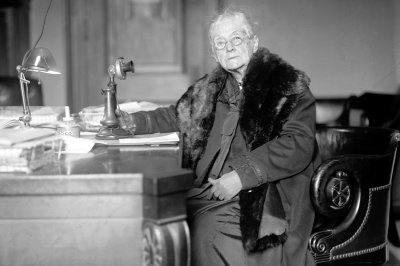Topic: Francois-Marie Arouet
François-Marie Arouet (French pronunciation: ; 21 November 1694 – 30 May 1778), better known by the pen name Voltaire (pronounced: ), was a French Enlightenment writer, historian and philosopher famous for his wit and for his advocacy of civil liberties, including freedom of religion and free trade. Voltaire was a prolific writer and produced works in almost every literary form including plays, poetry, novels, essays, historical and scientific works, more than 20,000 letters and more than 2,000 books and pamphlets. He was an outspoken supporter of social reform, despite strict censorship laws and harsh penalties for those who broke them. As a satirical polemicist, he frequently made use of his works to criticize intolerance, religious dogma and the French institutions of his day.
Voltaire was one of several Enlightenment figures (along with Montesquieu, John Locke and Jean-Jacques Rousseau) whose works and ideas influenced important thinkers of both the American and French Revolutions.
François Marie Arouet was born in Paris, the youngest of the five children (only three of which survived) of François Arouet (1650 – 1 January 1722), a notary who was a minor treasury official, and his wife, Marie Marguerite d'Aumart (ca. 1660 – 13 July 1701), from a noble family of the province of Poitou. Voltaire was educated by Jesuits at the Collège Louis-le-Grand (1704–1711), where he learned Latin and Greek; later in life he became fluent in Italian, Spanish and English.
It uses material from the Wikipedia article "Francois-Marie Arouet."





